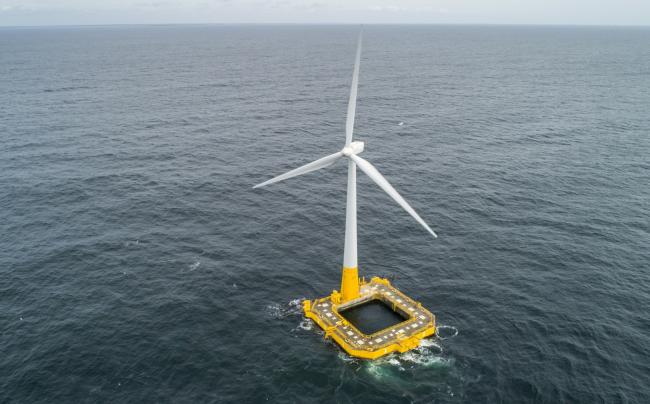3259 publications
The Strategic Role of Land Forces: A French Perspective
Although the first and foremost domain in the history of warfare, Land power has been dissociated from the concept of “strategic forces” for some time now, as these generally referred to long-range and/or high-yield strike capabilities, above all nuclear weapons.
Offshore Wind Power Floating in its Industrial and Technological Dimension
Europe has become a frontrunner in fixed offshore wind. Can this success story be replicated with floating offshore wind, a technology that would lift the sea depth constraint and thus open up wider market opportunities? This research study looks at the main success factors for this emerging industry.
Emirates Airline, Etihad Airways and Qatar Airways: Global Airline Companies Promoting the International Position and Reputation of Dubai, Abu Dhabi and Qatar
Airports in the Gulf emirates are major transit hubs in global airline networks today. Apart from their “advantageous” geographical location, their development results primarily from the ambitions of political actors seeking to maintain their power. This has led especially to the creation of the “Gulf companies”, namely Emirates Airline (Dubai), Etihad Airways (Abu Dhabi) and Qatar Airways (Doha). However, the three emirates are not following identical strategies. Within the unstable context of the Middle East, it is important to look at the development dynamics of these companies which symbolize the global reach of small but powerful political entities on the international stage.
Greater Eurasia: The Emperor’s New Clothes or an Idea whose Time Has Come?
The Greater Eurasia project has emerged as the poster-child of Vladimir Putin’s foreign policy, symbolic of a resurgent and self-confident Russia.
5G and the US-China Tech Rivalry – a Test for Europe’s Future in the Digital Age
Status of Global Coal Markets and Major Demand Trends in Key Regions
For the second consecutive year, the coal sector registered good results in 2018. Global coal demand continues to increase (+0.7% in 2018), reversing the trend observed in 2015-16. Coal accounted for 26% of global primary energy consumption, maintaining its position as the second-largest energy source after crude oil, and the first for electricity generation with 38% of global power generation.
La fourmilière du général : le commandement opérationnel face aux enjeux de haute intensité
Operational command structures have always been able to adapt to the strategic context. However, they now face a new challenge: high intensity threats.
Macron in Japan: Upgrading the Franco-Japanese Strategic Partnership in the Indo-Pacific
On June 26, French President Emmanuel Macron will make his first, what is deemed to be a long overdue visit to Japan, a year after his previous travels to Asia led him to China (January 2018), India (March 2018), and Australia (May 2018).









